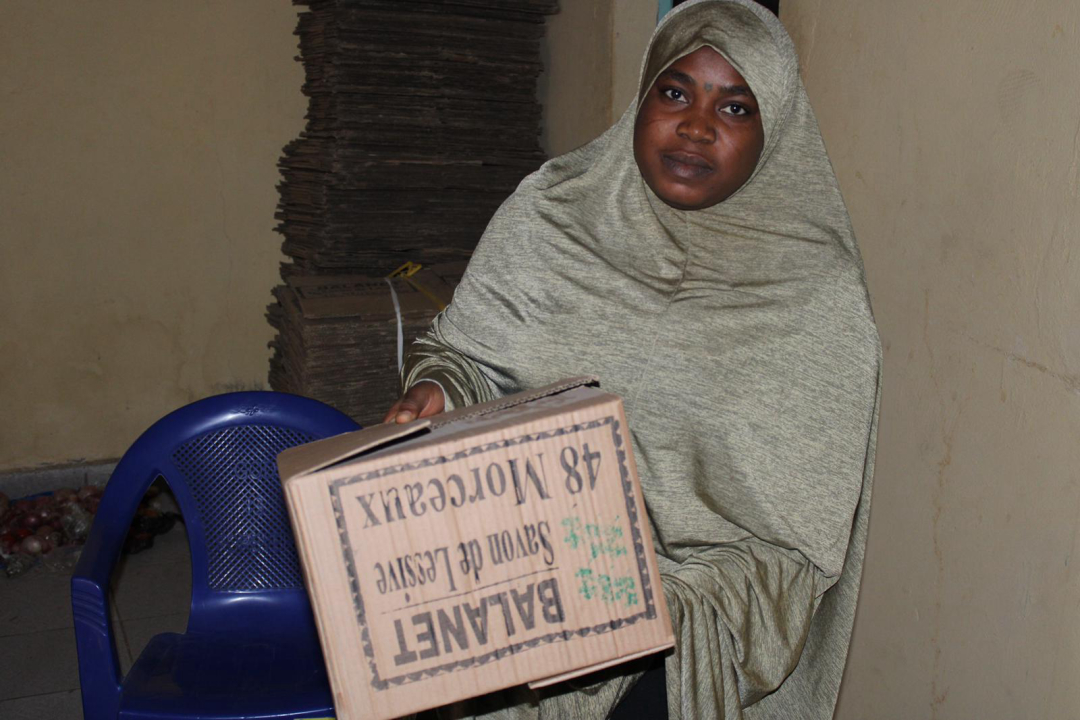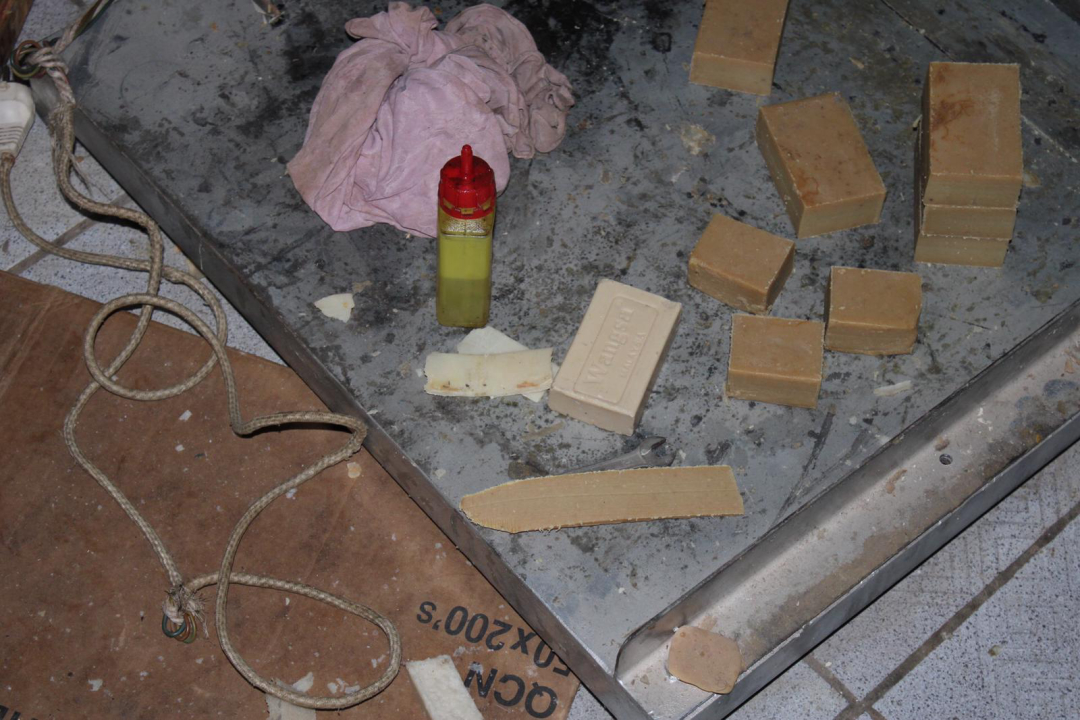Location(s)
Tags
SDG(s)
Sustainable Development Goal(s)
Powered by

Posted by Assane Tchagam Mallam Boukar
UNDP Niger Accelerator Lab
SDG(s)
Sustainable Development Goal(s)
 1No poverty
1No poverty 2Zero hunger
2Zero hunger 3Good health and well-being
3Good health and well-being 5Gender equality
5Gender equality 13Climate action
13Climate actionPlease be aware that the content herein has not been peer reviewed. It consists of personal reflections, insights, and learnings of the contributor(s). It may not be exhaustive, nor does it aim to be authoritative knowledge.


Comments
Log in to add a comment or reply.